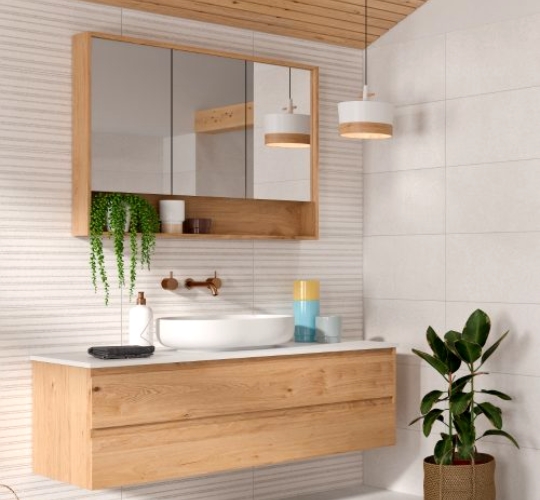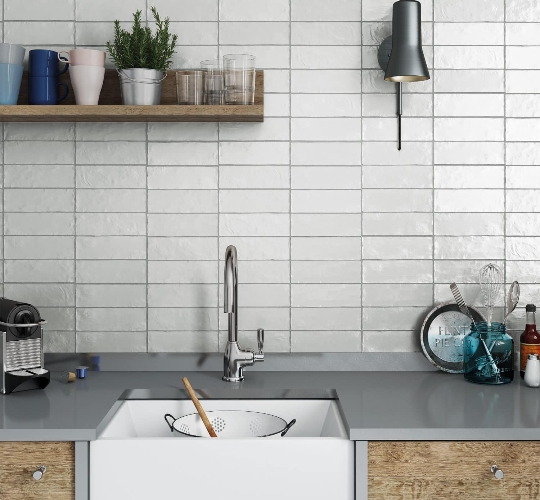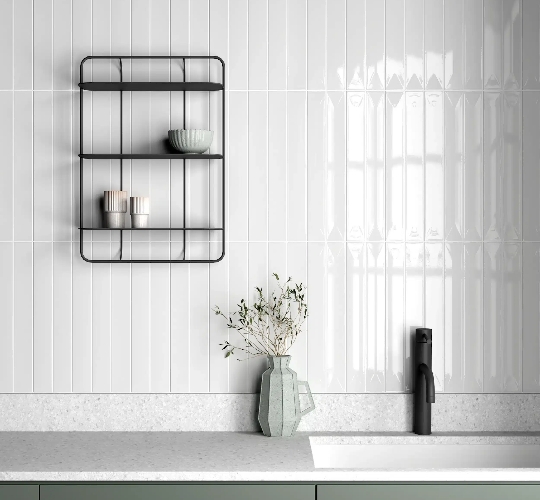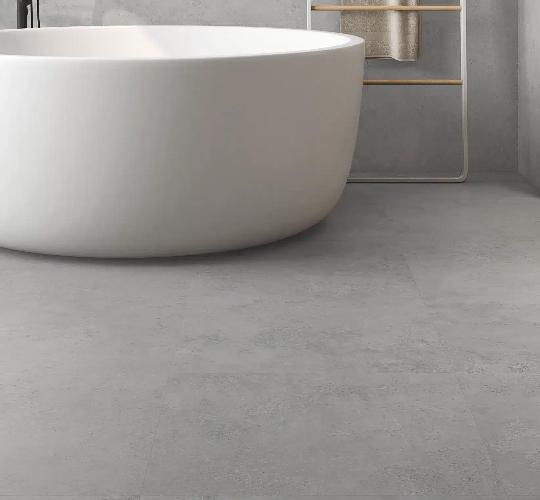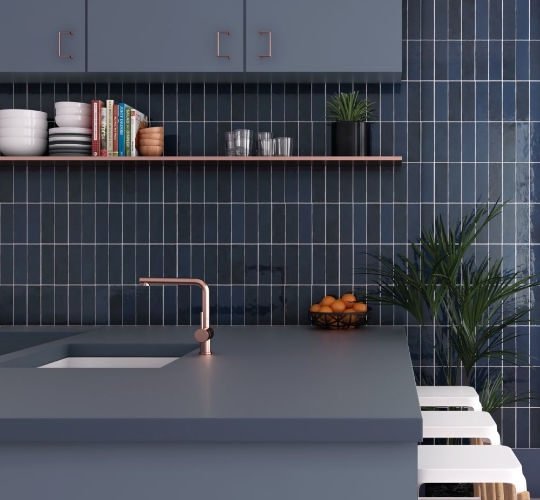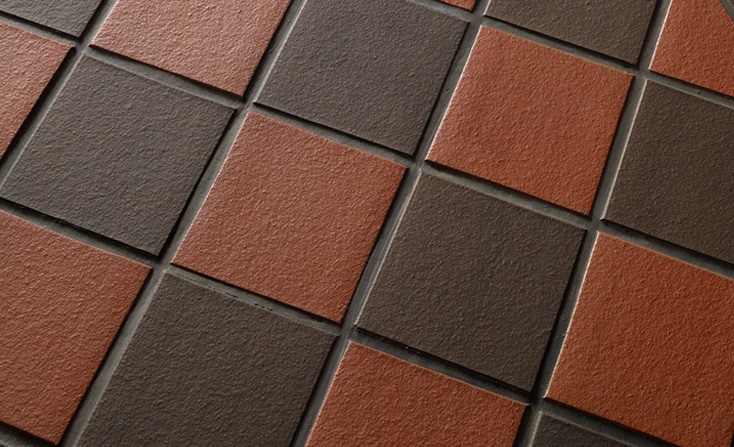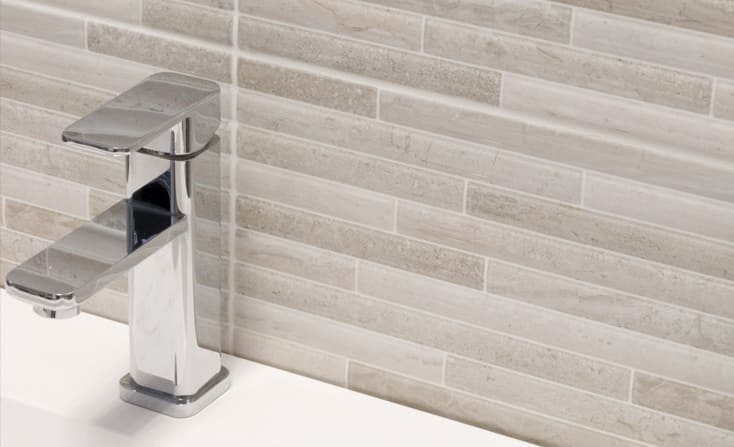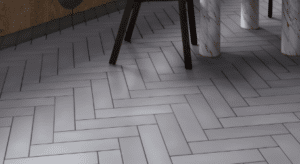If you’re not a tiling expert then choosing the right grout for your tiles can be overwhelming. With the range of choice available it can be difficult to know which is the best for you and what makes it the best. If you’re uncertain, then this blog is a must-read. In this short blog we will be talking all things grout, what is grout and which grout is the best option for you and your project.
What is grout and why do we use it?
Grout is a composite mixture made of a colourant, cement and water. Grout is used in building works to fill empty spaces and gaps in surfaces. After a tile is laid on floors or walls, grout is typically applied in-between the tiles to give a clean and professional finish. Not only does grout look good but it also stops dirt and debris, and liquids getting in-between and under your tiles which will be unsightly and may also cause accidents and reduce the lifespan of your new tiles.
Which grout is right for me?
When it comes to grouts there are a variety to choose from, with a range of colours within these types. The three main types are sanded, unsanded and epoxy.
Sanded grout
Sanded grout is ideal for larger grout joints. The sand in the mixture helps to keep the grout in the joints and can be used inside/outside on walls/floors or ceilings. Sanded grout needs to be sealed in order to protect from dirt, liquid and discolouration over time.
Unsanded grout
Unsanded grout is grout that does not contain sand and is used for smaller joints. Using sanded grout in small joints will result in too much sand and not enough grout within a small area. Unsanded grout also needs to be sealed to protect from dirt, liquid and discolouration.
Epoxy grout
The two grouts above are very different to an epoxy grout. An epoxy grout doesn’t need to be sealed and is not porous. An epoxy grout prevents the growth of bacteria and is less likely to crack over time when compared to sanded or unsanded grout. However, epoxy grout is much more expensive than sanded or unsanded grout. It is ideal for outdoor patios, pool decks and areas that will frequently come in to contact with liquid.
The grout that is best for your home and your project will depend on the use of your tiles. If you are building a pool deck then epoxy grout is the best option for you. If you are installing tiles in to your bathroom then unsanded grout would be the ideal option as the smaller joints and sealant will ensure that no dirt, liquid or discolouration affects the longevity of your beautiful new tiles. At Tile & Stone Gallery we stock a wide selection of anti-bacterial grouts from the best brands in the business. Visit your local showroom today to see our wide range of grouts or speak to a member of our team for advice on the best grout for your project.
Visit Our Showrooms Return To Inspiration

